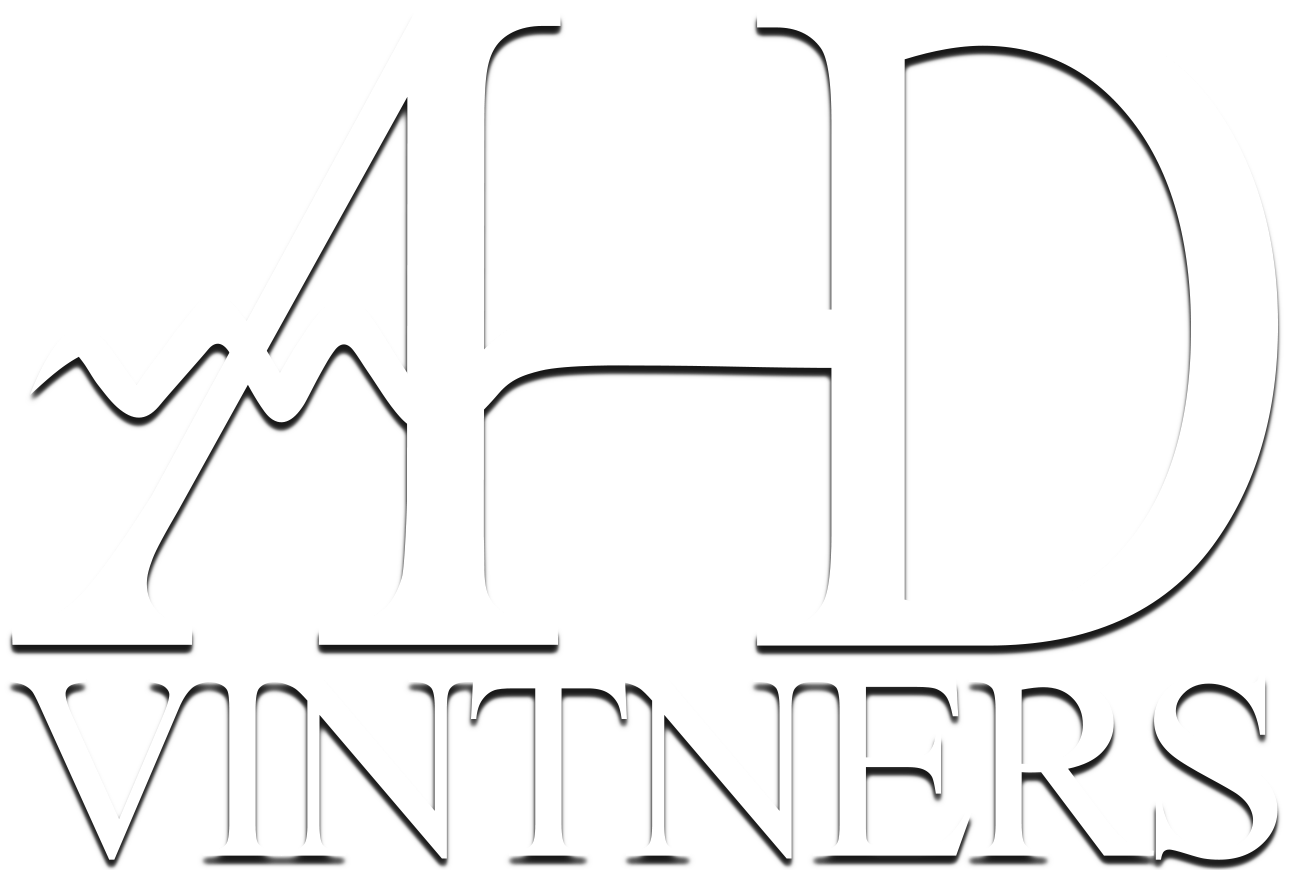Happy Birthday Riesling!
The first evidence of Riesling was recorded on March 13, 1435 in a cellar log near the Hessische Bergstraße region of Germany.
Wines of Germany USA
Mar 13, 2019, 09:00 ET
NEW YORK, March 13, 2019 /PRNewswire/ — Wines of Germany is marking March 13th as the official birthday of Riesling, giving wine lovers an annual occasion to celebrate this popular varietal. The date was selected in honor of the first documented evidence of the grape, from the cellar log of Count Katzenelnbogen near the Rheingau region on March 13, 1435.
Wines of Germany is encouraging Riesling fans around the world to celebrate the versatility and unique characteristics of the variety with a Riesling toast, and by sharing photos, tasting notes, and favorite Riesling memories with the hashtag #RieslingBirthday on social media. The Riesling Birthday designation aims to broaden awareness of German Riesling as a must-try for its food-pairing affinity, expression of terroir, aging potential, electric acidity, and balance of bright fruit flavors.
Germany has a deep history of winemaking, dating back before 50 BC, and Riesling has long been considered Germany’s most celebrated grape. Winegrowers in the Rheingau and the Mosel have the longest tradition of growing Riesling, with historical records from the early 15th century. Evidence of the spread to today’s Rheinhessen and the Pfalz regions date back to the end of the 15th and the first half of the 16th century. As climate and viticulture evolved, the 19th century was seen as a golden age of German wine. In 1995, Riesling started again to be seen as the king of German wines, and is associated with a change in the quality-oriented thinking and patterns of consumption in the country.
Today, with about 23,800 hectares, Germany is home of the world’s largest vineyard area dedicated to Riesling and grows 45% of the world’s Riesling grapes. The variety is predestined for northerly regions and is planted in all 13 official German wine-growing regions. Depending on type of soil and microclimate, it yields grapes that produce wines with extremely diverse nuances, ranging from bone dry to lusciously sweet. A “typical” German Riesling is reminiscent of peach or apple on the nose, and has pronounced acidity. It is fantastic for food pairing and sparkling wine production.
“There has never been a better time to celebrate German Riesling,” says Steffen Schindler, Head of Marketing of the Deutsches Weininstut (DWI). “This is a historic day to celebrate the birth of the world’s most versatile grape.”
Festivities for Riesling Birthday will take place on a global scale this year, from North America to the Netherlands to China and Japan. With a mix of influencer events, dinners, master classes, and digital campaigns, all 14 Wines of Germany information offices will be participating.
To learn more about Wines of Germany, visit www.germanwineusa.com.


+ There are no comments
Add yours